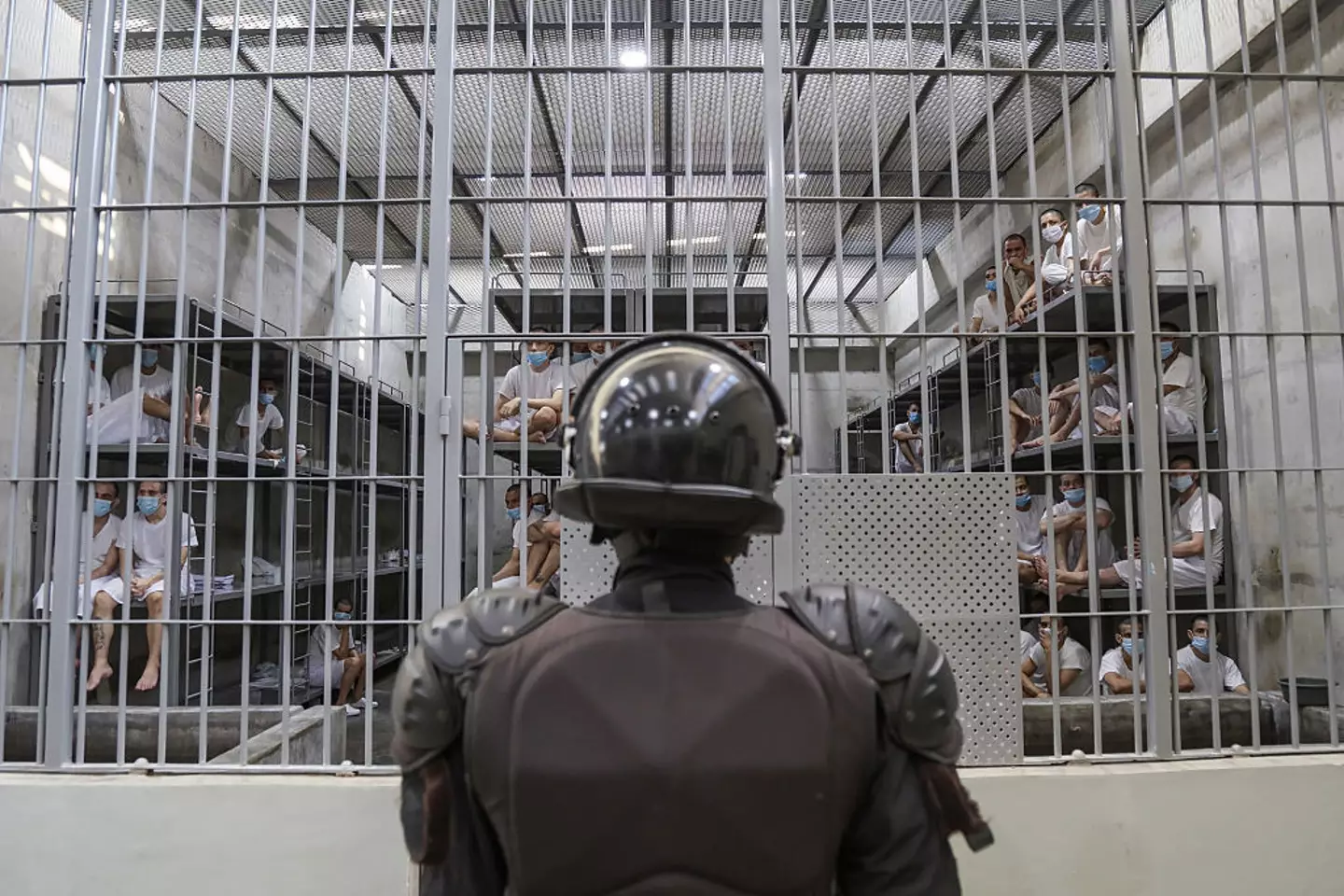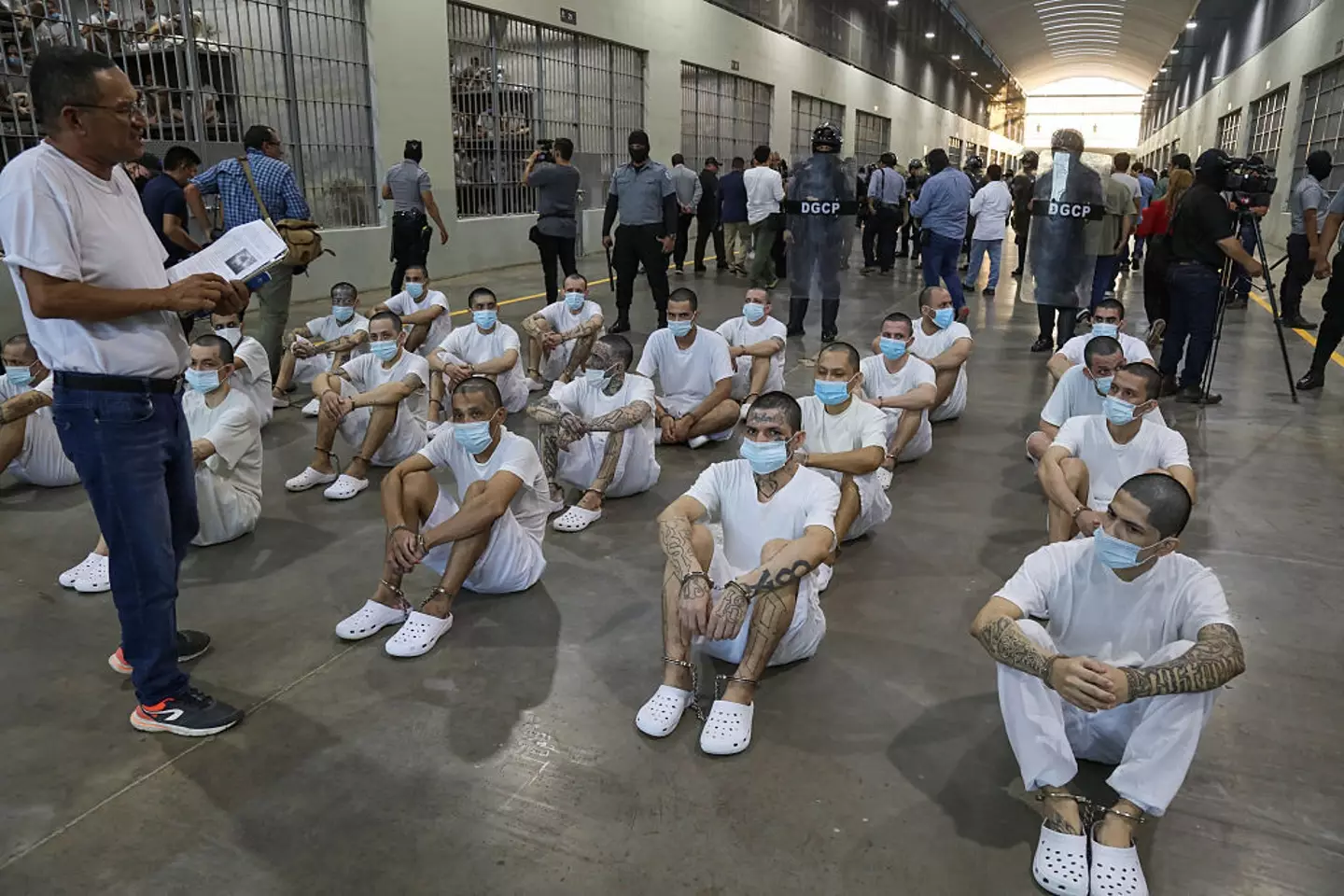Donald Trump has been barred by a US appeals court from using an 18th-century law to deport individuals accused of being part of a ‘Venezuelan gang’ in numerous southern states.
In his efforts to address immigration, Trump has employed various strategies, including attempts to revive older laws to facilitate mass deportations. One such law would permit the use of active-duty military personnel for nationwide law enforcement, while another, dating back to 1798, has been sparingly used in US history.
Yet, this latter law has encountered legal obstacles.
On Tuesday night, September 2, the 5th US Circuit Court of Appeals, composed of three conservative federal judges, announced a decision that might pave the way for the US Supreme Court to weigh in on the issue.

In a 2-1 ruling, which aligned with immigrant rights lawyers and lower circuit US judges, the 5th Circuit panel determined that the Alien Enemies Act of 1798 (AEA) should not be applied to the Venezuelan gang, Tren de Aragua.
Judges Leslie Southwick and Irma Carrillo Ramirez argued that there was no evidence of a ‘predatory incursion’ by the Venezuelan gang, which is essential for the Act’s application.
“We conclude that the findings do not support that an invasion or a predatory incursion has occurred,” Judge Southwick stated (via CNN). “We therefore conclude that petitioners are likely to prove that the AEA was improperly invoked.”
Lee Gelernt, an attorney with the American Civil Liberties Union (ACLU) representing detained Venezuelans in North Texas challenging deportation under the Alien Enemies Act, remarked: “The Trump administration’s use of a wartime statute during peacetime to regulate immigration was rightly shut down by the court.
“This is a critically important decision reining in the administration’s view that it can simply declare an emergency without any oversight by the courts.”

The 1798 law was originally deployed as a wartime measure for deportations from Texas, Louisiana, and Mississippi. Trump’s reliance on it in March this year initiated a series of legal challenges.
The law stipulates that the Act can be invoked during a ‘declared war’ or ‘any invasion or predatory incursion’ by foreign entities against the US government, remaining in effect until the president decides otherwise.
Before Trump’s invocation, the Act had only been employed during the War of 1812, World War I, and World War II, when it infamously led to the internment of individuals of Italian, German, and Japanese descent.
Trump had expressed his intention to utilize the law to expedite deportations and dismantle criminal networks of migrants operating within the US.

Previously, the Supreme Court granted Trump the authority to use the Act to expedite the deportation of alleged gang members, resulting in the deportation of 261 people linked to the Tren de Aragua group to the infamous CECOT mega-jail in El Salvador.
Trump celebrated the ruling on his social media platform, Truth Social, calling it ‘A GREAT DAY FOR JUSTICE IN AMERICA’.
However, as part of its decision in April, the Supreme Court emphasized: “The notice [of deportation] must be afforded within a reasonable time and in such a manner as will allow them to actually seek habeas relief in the proper venue before such removal occurs.
“The only question is which court will resolve that challenge.”
Originating in the Northern District of Texas, the case had previously been reviewed by the Supreme Court, with deportations under the Alien Enemies Act halted in that district pending the 5th Circuit’s consideration of migrants’ claims.
Per Reuters, several other judges have also blocked deportations under the law within their jurisdictions.
The 5th Circuit ruling is open to appeal either to the same Circuit or the US Supreme Court, with the latter anticipated to make the final determination.

